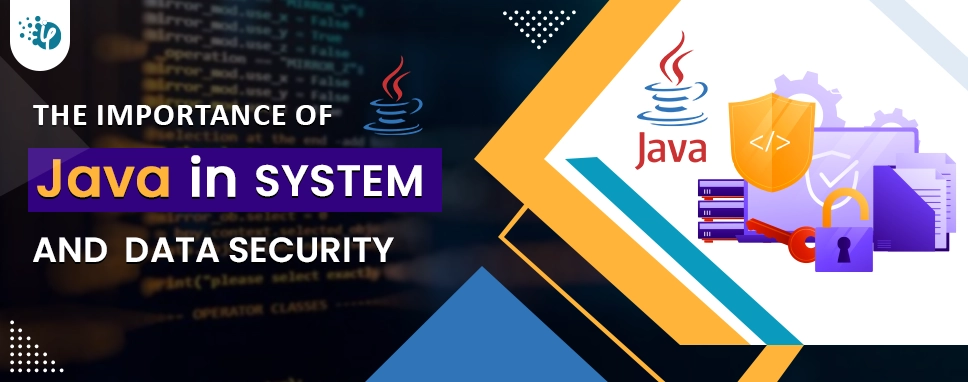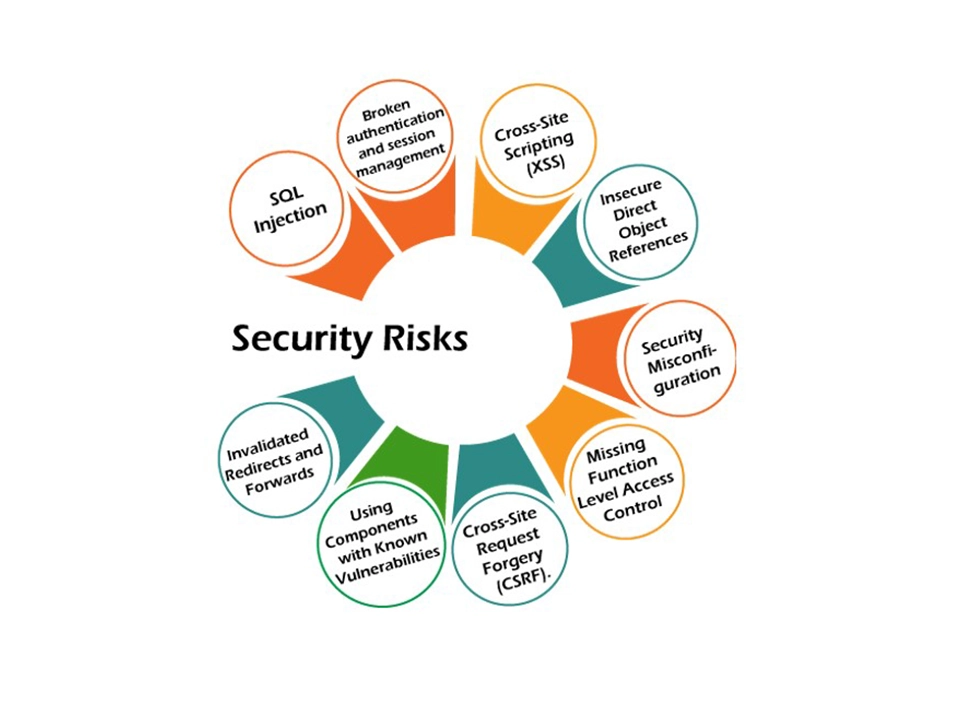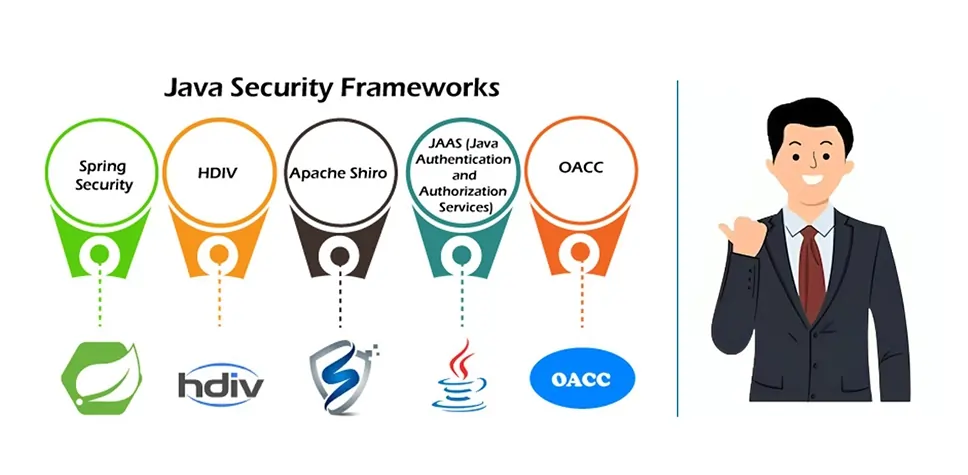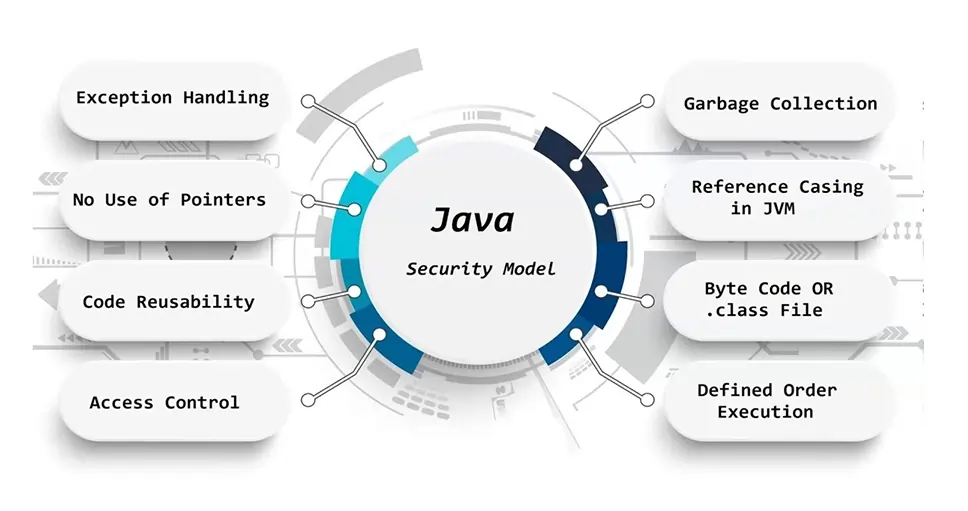Data is the lifeblood of any business, and a single lapse in its protection could result in a huge loss for business. Therefore, ensuring data security is critical. Java, often regarded as a versatile, powerful, and popular object-oriented programming language, helps you with impeccable security that most programming languages lack to offer. It plays a pivotal role in fortifying data and system security without requiring any technical jargon.
Believe it or not, Java has been the most googled coding language in 80 out of 162 countries. It controls more than half of the market in these nations and has grown at a pace of +7.8% over the last five years. This explains why clients tend to partner with leading custom Java app development companies for business.
























